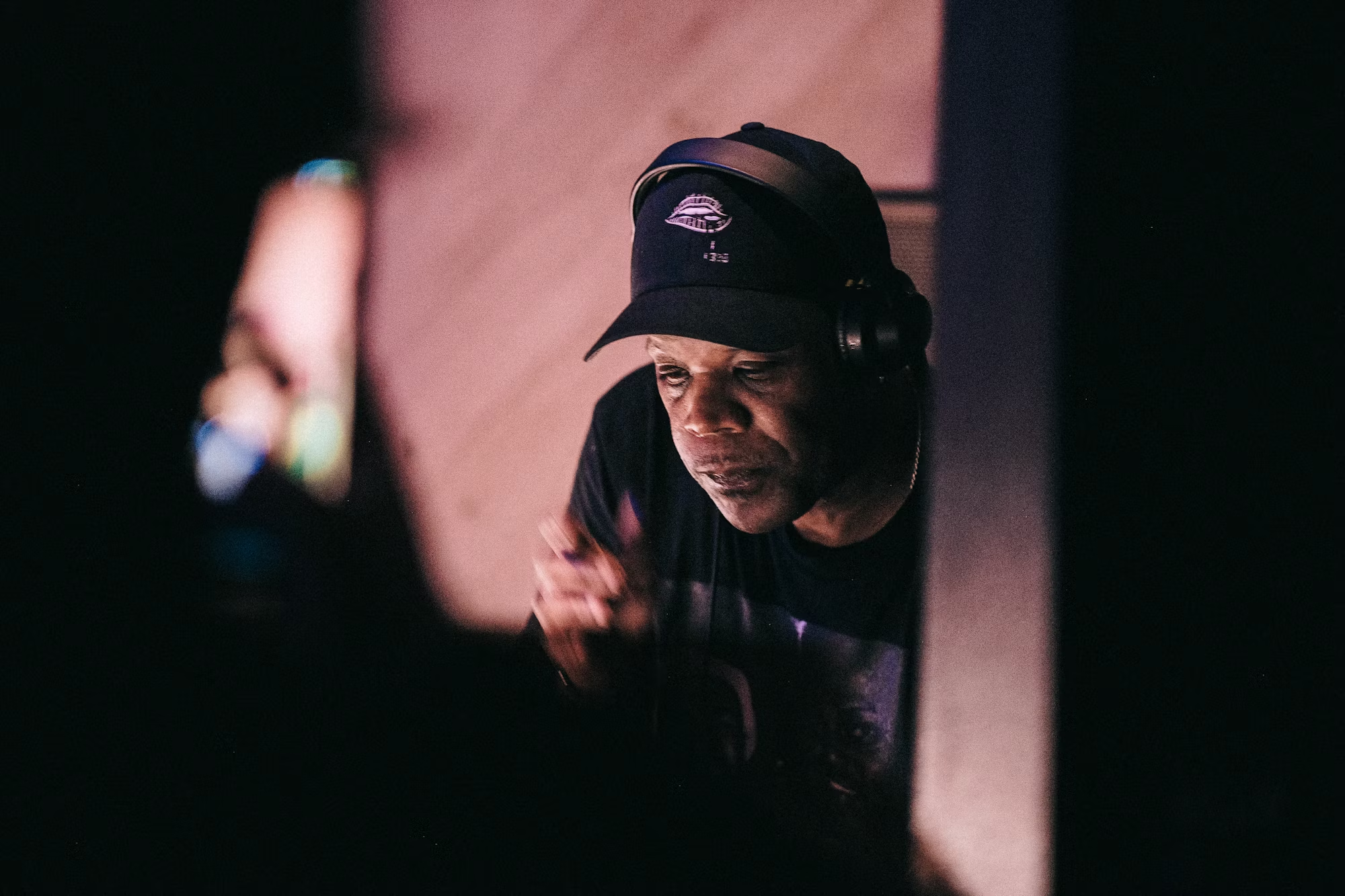Music is an integral part of human culture, a powerful form of expression that reflects societal changes and influences the world around us. From folk traditions to contemporary pop, music not only entertains but also serves as a catalyst for social change and cultural identity. This article examines the profound impact of various music genres on society, highlighting key movements, influential artists, and the ways in which music has shaped collective experiences. One of the most significant ways music affects society is through its ability to convey messages of resistance and empowerment. Throughout history, genres such as folk and blues have served as vehicles for social commentary, addressing issues like inequality and injustice. For instance, the folk music revival of the 1960s saw artists like Bob Dylan and Joan Baez use their platforms to speak out against civil rights abuses and promote social change. Their songs became anthems for movements, uniting people in a shared cause and fostering a sense of community. Similarly, the blues genre, born from the struggles of African Americans, conveys deep emotions and personal narratives that resonate with listeners. Artists like B.B. King and Muddy Waters transformed their life experiences into music that not only entertained but also educated audiences about the realities of racial discrimination and hardship. As the blues evolved, it paved the way for rock and roll, which further amplified voices of rebellion. The emergence of rock music in the mid-20th century marked a significant cultural shift. Bands like The Beatles and The Rolling Stones became symbols of youth rebellion, challenging societal norms and advocating for freedom of expression. Their music captured the spirit of a generation, addressing themes of love, peace, and political dissent. The anti-establishment messages inherent in rock music resonated with young people, encouraging them to question authority and engage in social movements, such as the protests against the Vietnam War. The 1980s introduced a new wave of music that continued this tradition of activism. Punk rock emerged as a raw and unapologetic response to social and political discontent. Bands like The Sex Pistols and The Clash used their music to critique consumerism, war, and governmental control. The punk movement not only inspired a distinctive musical style but also fostered a culture of DIY ethics, encouraging individuals to create their own art and stand against conformity. In parallel, hip hop emerged from marginalized communities in the Bronx during the late 1970s, evolving into a powerful voice for social justice. Artists like Grandmaster Flash and Run-D.M.C. laid the groundwork for a genre that would ultimately become a global phenomenon. Hip hop culture, encompassing rap, breakdancing, and graffiti, became a means of self-expression for youth facing systemic oppression. Through their lyrics, artists such as Tupac Shakur and Kendrick Lamar tackled issues like police brutality and racial inequality, fostering awareness and activism within their communities. The globalization of hip hop has further solidified its role in advocating for social change, as artists around the world address local issues while drawing inspiration from the genre’s roots. In addition to activism, music serves as a reflection of cultural identity. Genres like reggae, with roots in Jamaican culture, embody themes of resilience and unity. Bob Marley, an iconic figure in reggae, used his music to promote messages of peace and social justice, advocating for the rights of oppressed peoples. His influence extended far beyond music, as he became a global symbol of resistance against inequality. Similarly, world music encompasses diverse sounds that celebrate cultural heritage. Artists like Miriam Makeba and Buena Vista Social Club have introduced global audiences to the rich musical traditions of Africa and Latin America, fostering appreciation and understanding of different cultures. By embracing their roots, these artists highlight the importance of preserving cultural identities in an increasingly homogenized world. The influence of music on personal identity is equally profound. Genres like punk and goth have provided individuals with a sense of belonging, allowing them to express their unique identities within subcultures. The aesthetics and philosophies associated with these genres have empowered fans to embrace their individuality, promoting acceptance and diversity. Moreover, music can also serve as a form of therapy, providing comfort and solace during difficult times. Many people turn to music as a means of coping with life’s challenges, finding solace in lyrics that resonate with their experiences. This therapeutic aspect of music is evident in genres like folk and singer-songwriter, where artists share their personal struggles and triumphs through heartfelt narratives. Additionally, the rise of digital technology has revolutionized how we consume and interact with music. Streaming platforms have made music more accessible than ever, allowing listeners to explore a vast array of genres and artists from around the globe. This democratization of music has led to the emergence of diverse voices, as independent artists find platforms to share their work without the constraints of traditional record labels. Social media has also played a pivotal role in promoting music and connecting artists with fans. Viral trends and challenges on platforms like TikTok have propelled unknown musicians to stardom overnight, showcasing the power of online communities in shaping contemporary music culture. As we look to the future, the impact of music on society and culture continues to evolve. The blending of genres, such as the fusion of hip hop and country exemplified by artists like Lil Nas X, reflects a growing acceptance of diversity within music. This genre-blurring not only broadens the musical landscape but also challenges preconceived notions of identity and cultural boundaries. In conclusion, music serves as a mirror to society, reflecting the hopes, struggles, and aspirations of individuals and communities. From folk and blues to hip hop and reggae, each genre carries the weight of cultural significance and social commentary. As music continues to shape and influence our lives, it remains a powerful force for change, fostering connections and understanding in an increasingly complex world.
Rhythms of Change: The Impact of Music on Society and Culture
